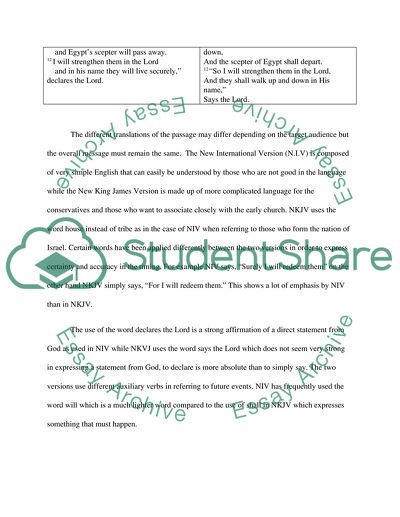Cite this document
(“Bible Exegetical Essay Example | Topics and Well Written Essays - 2500 words”, n.d.)
Bible Exegetical Essay Example | Topics and Well Written Essays - 2500 words. Retrieved from https://studentshare.org/religion-and-theology/1635761-bible-exegetical
Bible Exegetical Essay Example | Topics and Well Written Essays - 2500 words. Retrieved from https://studentshare.org/religion-and-theology/1635761-bible-exegetical
(Bible Exegetical Essay Example | Topics and Well Written Essays - 2500 Words)
Bible Exegetical Essay Example | Topics and Well Written Essays - 2500 Words. https://studentshare.org/religion-and-theology/1635761-bible-exegetical.
Bible Exegetical Essay Example | Topics and Well Written Essays - 2500 Words. https://studentshare.org/religion-and-theology/1635761-bible-exegetical.
“Bible Exegetical Essay Example | Topics and Well Written Essays - 2500 Words”, n.d. https://studentshare.org/religion-and-theology/1635761-bible-exegetical.


